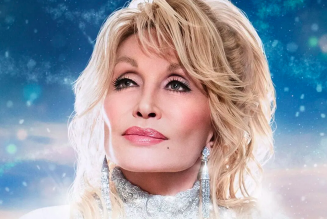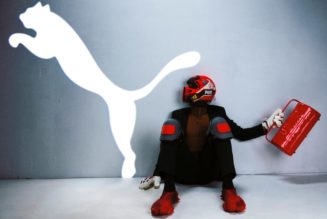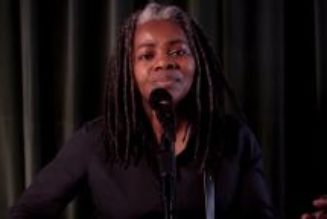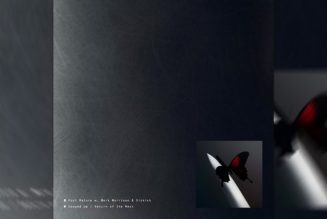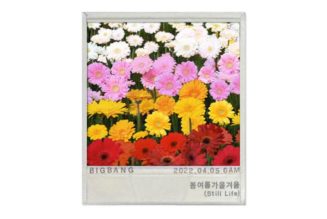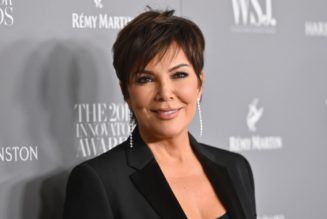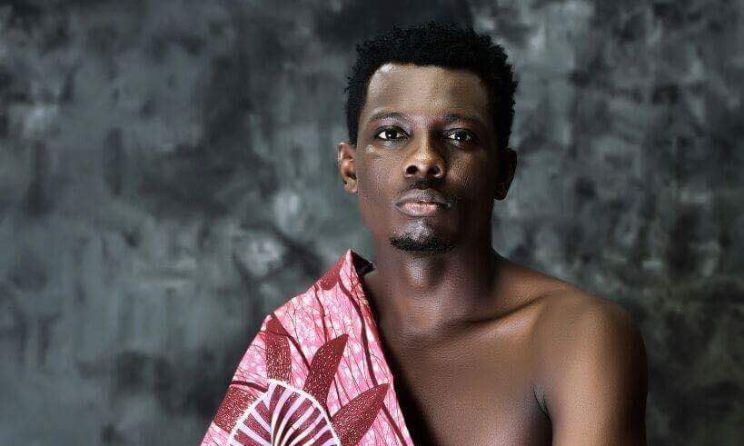
The three genres dominated the West African country between the 1950s and 1970s, led by legends like Haruna Ishola (apala), K1 De Ultimate (Fuji) and Oliver De Coque (highlife). However, their popularity declined over the years as new musical styles emerged.
Spotify data indicates that between 2022 and 2023, Fuji grew by 187%, while highlife and apala surged by 224% and 185% respectively. This trend continued into 2024, with Fuji increasing by 175%, highlife by 240% and apala by 230% in the first quarter alone.
Artists driving the resurgence include Terry Apala, who fuses apala with hip hop as well as Asake and Seyi Vibez, who incorporate elements of Fuji and highlife in their work.
Spotify says Gen Z listeners aged 18 to 24 lead the listenership demographic for these genres. They make up 32% of Fuji listeners, 31% of highlife listeners and 38% of apala listeners. This demographic is particularly active in major Nigerian cities like Lagos, Port Harcourt and Katsina, where streaming numbers for the three genres are the highest.
Spotify has also revealed the most streamed artists and tracks in these genres for the past year. For Fuji, K1 De Ultimate and Adewale Ayuba lead the charts, while Umu Obiligbo and Chief Stephen Osita Osadebe top the highlife category. For apala, Musiliu Haruna Ishola and Terry Apala are the most streamed artists. Notable tracks include ‘Koloba Koloba’ by Adewale Ayuba, ‘Nwanem Ebezina’ by Chief Stephen Osita Osadebe and ‘Apala Disco’ by DJ Tunez featuring Terry Apala.
Gender data indicate that men dominate the listenership for the three genres, with males constituting 85% of Fuji listeners. Men are also overwhelmingly smitten with highlife and apala at 89% and 87% respectively.
In April, Spotify revealed in its latest Loud & Clear report that Nigerian artists earned about $17m in streaming royalties on the platform in 2023, marking a 2 500% increase since 2017.
“The significant growth in royalties earned by Nigerian artists on our platform is a powerful testament to their talent, creativity and global appeal,” Spotify’s managing director for sub-Saharan Africa, Jocelyne Muhutu-Remy, said. “We’re proud to amplify their voices and fuel the Nigerian music revolution. As a leader in the streaming economy, we’re committed to supporting African creators to make a living from their art and we’ll continue to invest further in African artists to ensure this momentum continues.”

